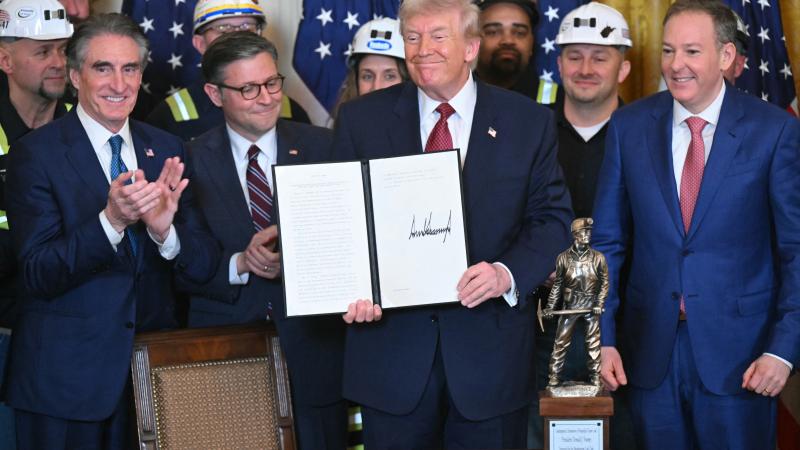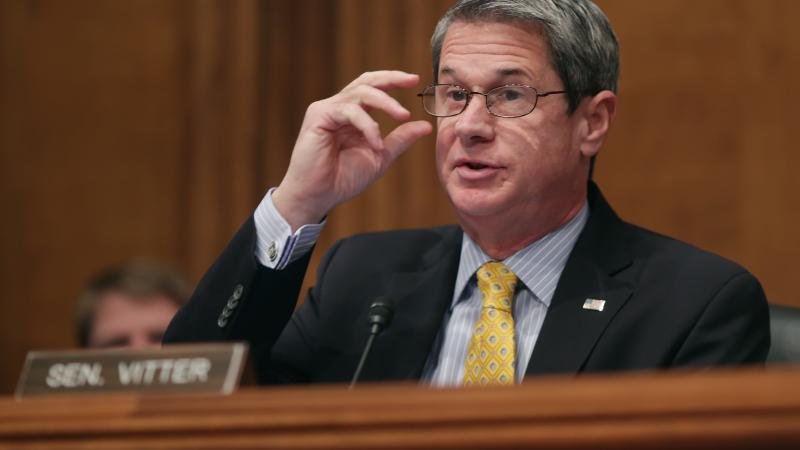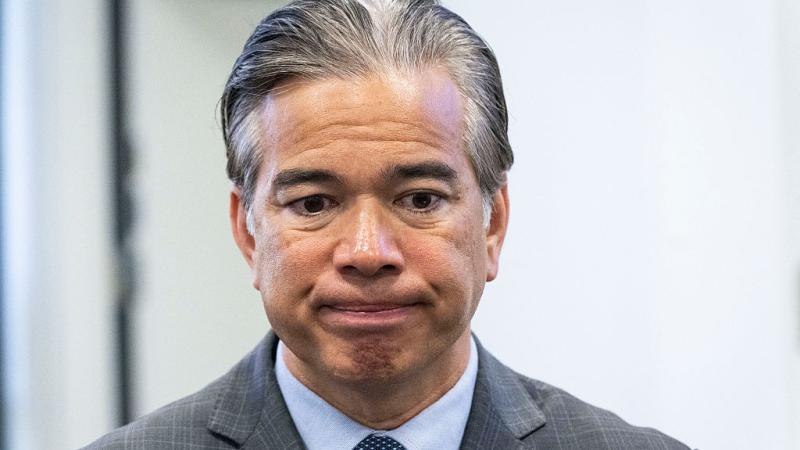Pennsylvania's energy policy in 2024
While Pennsylvanians express concern about the environment, a recent poll shows their top priorities are energy affordability and reliability.
In 2024, the transition to renewable energy and its impact on power grid demand and reliability continued to challenge Pennsylvania lawmakers.
A partisan divide in the General Assembly stalled progress on several issues and it remains to be seen whether the incoming Trump administration’s policies will shift the state’s priorities.
While Pennsylvanians express concern about the environment, a recent poll shows their top priorities are energy affordability and reliability.
Carbon Capture
In July, the Carbon Capture and Sequestration Act, was signed into law by Gov. Josh Shapiro as part of a plan to reduce emissions and advance hydrogen development.
Support for the bill was divided amongst legislators and environmental groups.
The bill’s sponsor, Sen. Gene Yaw, R-Williamsport, said the framework allows for the development of two hydrogen hubs slated for the state by the Biden administration last year. Yaw is also the chair of the Senate Environmental Resources and Energy Committee.
“It’s a pragmatic solution to a problem that we all want to solve – reducing our carbon emissions without crippling the reliability of our existing power grid,” Yaw said. “I’m grateful to my colleagues in the legislature and the governor for their support in getting this across the finish line.”
Carbon Taxes
In September, the state’s upper chamber passed Senate Bill 1058 along party lines in its years-long quest to squash pending regulations that will enroll Pennsylvania in the Regional Greenhouse Gas Initiative, or RGGI.
As anticipated, it languished in the House without action.
Critics of carbon taxes say the cost of emission caps will trigger higher utility bills for residents and businesses alike. A Commonwealth Court ruling issued in November 2023 deemed the limits that would have been imposed on power plants through RGGI unconstitutional because the legislature did not approve them.
Gov. Shapiro appealed that decision, though he promised to drop the issue if his Pennsylvania-specific carbon tax plan becomes law instead.
Power Grid Concerns
Along with electric vehicle charging, data centers and the rise of artificial intelligence are driving the demand for more power, putting increasing stress on the power grid. While solar power has received much attention and subsidies, it accounts for less than 1% of the state’s energy production.
To meet growing demand, options such as nuclear power and a natural gas subsidy plan are being implemented and explored.
Pennsylvania is part of the PJM power grid, which covers 65 million people in 13 states and Washington, D.C., each with different rules and goals.
State leaders have warned that red tape and delays, along with early retirements of coal plants, have made it more difficult for the grid to deal with growing demand. Some legislators have proposed legislation to create a subsidy fund for grid upgrades to boost reliability.
Local political support stood behind reviving Three Mile Island in the commonwealth and Constellation Energy announced a deal in late September to bring it out of retirement and supply power for a Microsoft data center, keeping the plant running through 2054.
Yaw recently proposed creating a Pennsylvania Baseload Energy Development Fund, which would give low-interest grants and loans to electricity generators to build, maintain, modernize, and run their plants.
“Pennsylvania alone supplies nearly 25% of baseload electric generation capacity to the grid,” Yaw said in a press release. “We must play a more active role in incentivizing generation and addressing looming reliability challenges with market-based solutions. The Pennsylvania Baseload Energy Development Fund can help us supply the grid with reliable, cost-effective energy, as well as the infrastructure and workforce to maintain it.”
Two key Trump nominees expected to shape energy and environmental policies are Doug Burgum, selected to serve as both Secretary of the Interior and chair of the newly formed National Energy Council, and Chris Wright, nominated as U.S. Secretary of Energy, and member of the National Energy Council.
A statement from the Trump Transition Team explained that the National Energy Council will consist of all departments and agencies involved in the permitting, production, generation, distribution, regulation, and transportation, of all forms of American energy.
Their mission is to oversee the path to the country’s energy dominance by cutting red tape, enhancing private sector investments across all sectors of the economy, and by “focusing on innovation over longstanding, but totally unnecessary, regulation.”
Energy dominance, the statement says, will drive down inflation, win the AI arms race with China – and others – and expand American diplomatic power to end wars across the world.
The Facts Inside Our Reporter's Notebook
Links
- poll
- Carbon Capture and Sequestration Act
- Senate Bill 1058
- Commonwealth Court ruling issued in November 2023
- appealed that decision
- Pennsylvania-specific carbon tax plan
- subsidies
- growing demand,
- red tape and delays
- reviving Three Mile Island
- bring it out of retirement
- Pennsylvania Baseload Energy Development Fund















